- Home
Page 2
Page 2
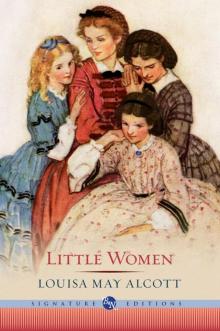 Little Women
Little Women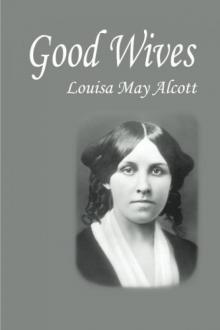 Good Wives
Good Wives Jo's Boys
Jo's Boys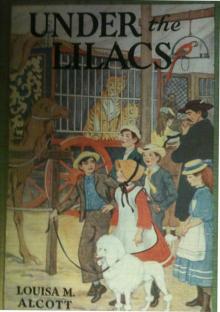 Under the Lilacs
Under the Lilacs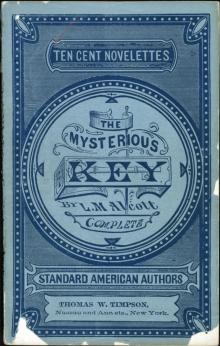 The Mysterious Key and What It Opened
The Mysterious Key and What It Opened The Inheritance
The Inheritance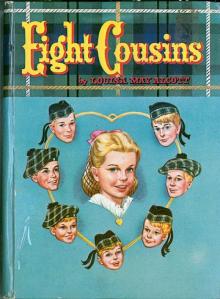 Eight Cousins
Eight Cousins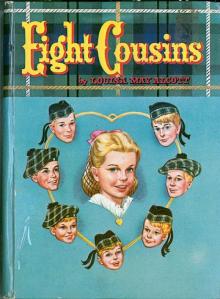 Eight Cousins; Or, The Aunt-Hill
Eight Cousins; Or, The Aunt-Hill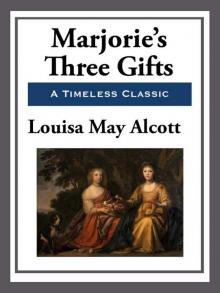 Marjorie's Three Gifts
Marjorie's Three Gifts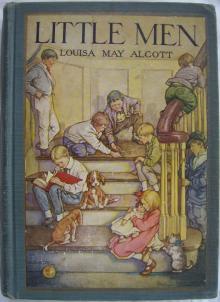 Little Men
Little Men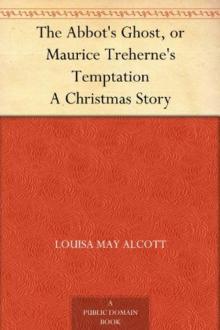 The Abbot's Ghost, or Maurice Treherne's Temptation: A Christmas Story
The Abbot's Ghost, or Maurice Treherne's Temptation: A Christmas Story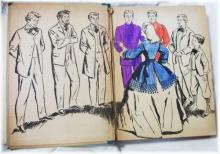 Rose in Bloom
Rose in Bloom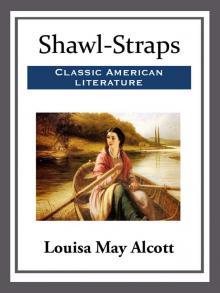 Shawl-Straps
Shawl-Straps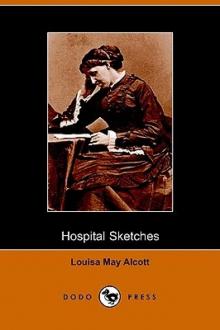 Hospital Sketches
Hospital Sketches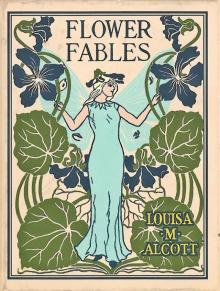 Flower Fables
Flower Fables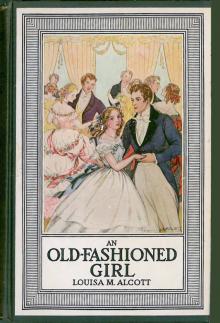 An Old-Fashioned Girl
An Old-Fashioned Girl The Candy Country
The Candy Country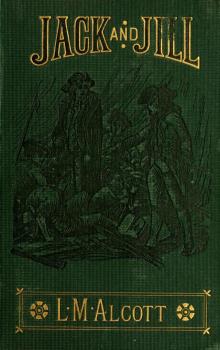 Jack and Jill
Jack and Jill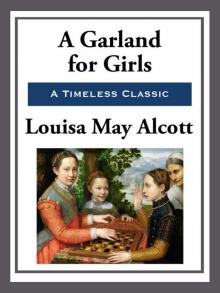 A Garland for Girls
A Garland for Girls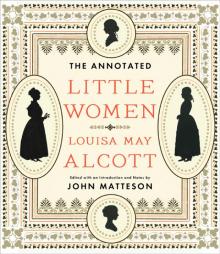 The Annotated Little Women
The Annotated Little Women A Classic Christmas
A Classic Christmas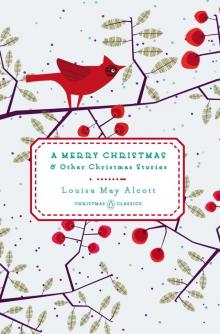 A Merry Christmas
A Merry Christmas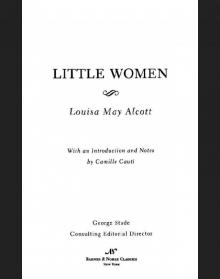 Little Women (Barnes & Noble Classics Series)
Little Women (Barnes & Noble Classics Series)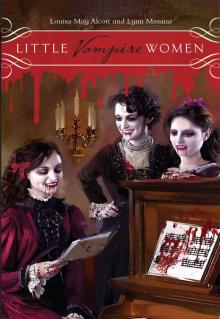 Little Vampire Women
Little Vampire Women